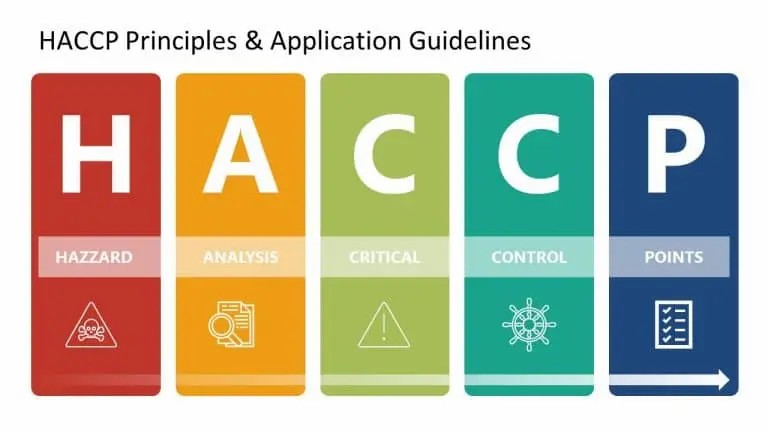HACCP Certification: The Keystone of Food Safety in Dublin, Cork, Galway, Limerick, Belfast, and Beyond
The food industry in Ireland is a booming landscape, especially in cities like Dublin, Cork, Galway, Limerick, Waterford, and Belfast. As the demand for safe and quality food rises, so does the importance of adhering to food safety standards. At the heart of these standards is HACCP Certification, an essential tool for food businesses to ensure compliance with regulations and guarantee food safety.
Why HACCP Training is Critical for Food Businesses
HACCP (Hazard Analysis Critical Control Points) is a systematic approach that identifies, evaluates, and controls hazards associated with food production. Obtaining HACCP Certification demonstrates a commitment to food safety and offers several key advantages:
- Maintaining Hygiene Standards: Through comprehensive HACCP training, food businesses arm themselves with the knowledge required to maintain rigorous hygiene practices.
- Preventing Food Contamination: HACCP principles guide businesses in identifying potential hazards - from food storage to preparation processes.
- Regulatory Compliance: HACCP training helps food handlers and managers ensure compliance with Irish and EU food safety laws.
- Enhancing Consumer Safety: A HACCP Certified establishment can significantly reduce the risk of foodborne illnesses, thus protecting customers.
Understanding HACCP Principles
To achieve HACCP certification, food businesses must grasp the seven HACCP principles:
- Conduct a Hazard Analysis: Identify any biological, chemical, or physical hazards that could compromise food safety.
- Determine Critical Control Points (CCPs): Identify points in the food production process where hazards can be prevented, eliminated, or reduced.
- Establish Critical Limits: Set maximum and minimum limits for each CCP based on safety standards.
- Establish Monitoring Procedures: Develop monitoring processes to ensure critical limits are consistently met.
- Establish Corrective Actions: Plan actions to take when monitoring shows that a critical limit has not been met.
- Establish Verification Procedures: Use checks to confirm that the HACCP system is functioning effectively.
- Establish Record-Keeping and Documentation Procedures: Keep detailed records of all procedures, monitoring, and corrective actions.
Benefits of HACCP Certification for Restaurants and Catering Businesses
A compelling reason for restaurants, catering businesses, and food retailers across Ireland to invest in HACCP training is the tangible benefits it brings:
- Reputation Boost: Showcase your commitment to food safety that elevates customer trust.
- Business Longevity: Non-compliance can lead to fines, shutdowns, or reprisal. HACCP certification significantly reduces these risks.
- Increased Efficiency: Implementing HACCP principles often leads to streamlined processes leading to greater operational efficiency.
Achieving Compliance with Food Safety Regulations in Ireland
To effectively obtain HACCP certification in Ireland, businesses need to ensure they are well-versed in food safety regulations. Whether through online HACCP training or traditional classroom courses, food safety knowledge is critical for compliance with regulations set forth by the Food Safety Authority of Ireland (FSAI).
Choosing the Right HACCP Training Course
When enrolling in HACCP training, consider:
- Course Accreditation: Ensure the training provider is recognized and accredited.
- Course Content: Review the syllabus to ensure it covers all necessary HACCP principles and regulations.
- Flexibility: Look for options that fit your schedule, including online HACCP training.
Conclusion & Call to Action
In a rapidly changing food environment, obtaining your HACCP Certification has never been more crucial. Equip yourself and your team with the essential knowledge to maintain food safety, hygiene, and compliance with HACCP training courses available across Ireland.
Ready to elevate your food safety standards? Enroll in our HACCP Training Course today! For more information, contact us at [email protected].



 349,500 Offered Certificates
349,500 Offered Certificates
 24/7 Online Training
24/7 Online Training
 Money Back Guarantee
Money Back Guarantee
 Fully Accredited Courses
Fully Accredited Courses
